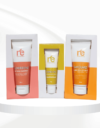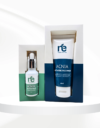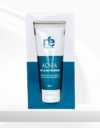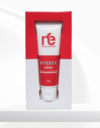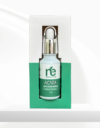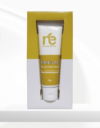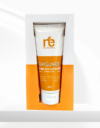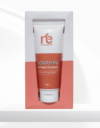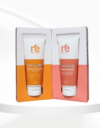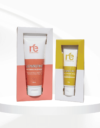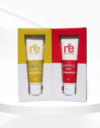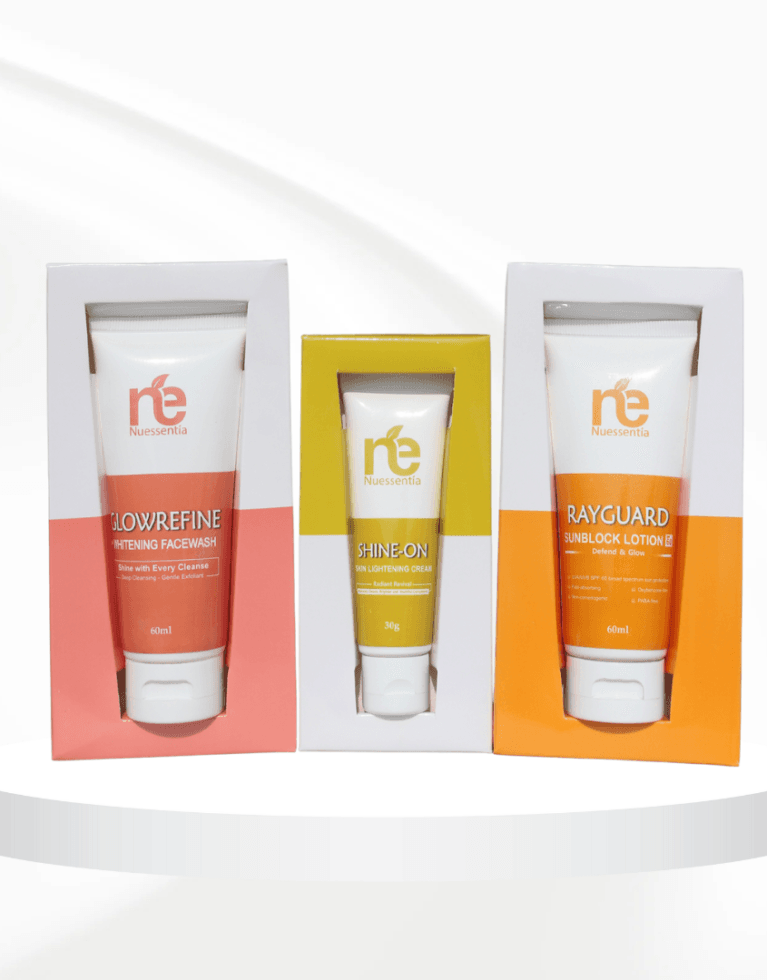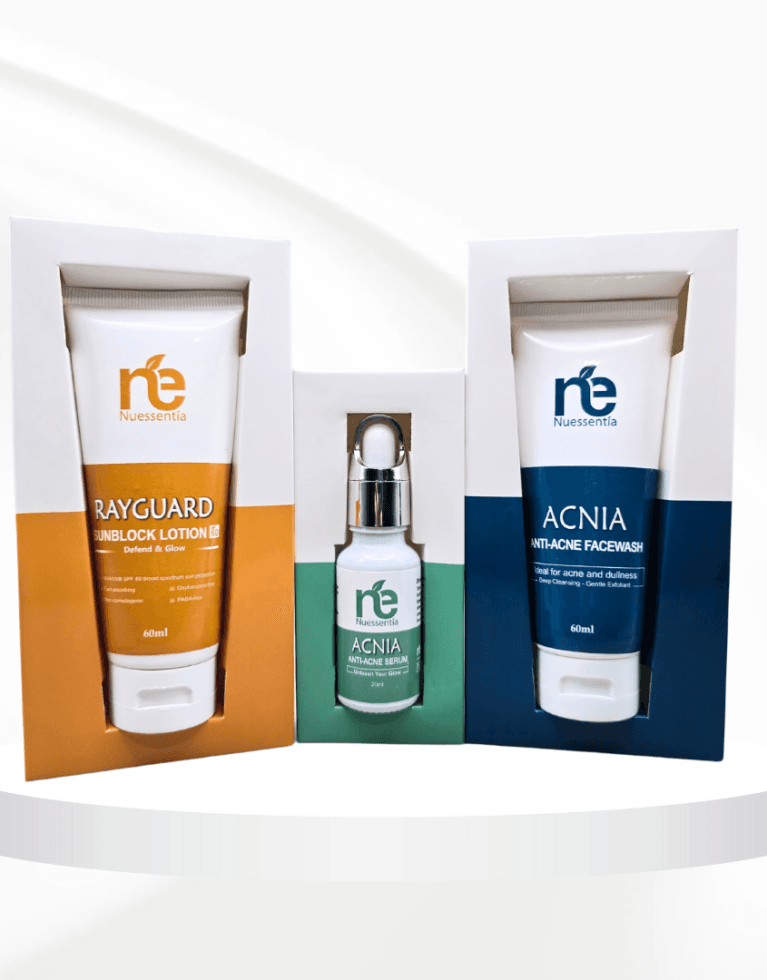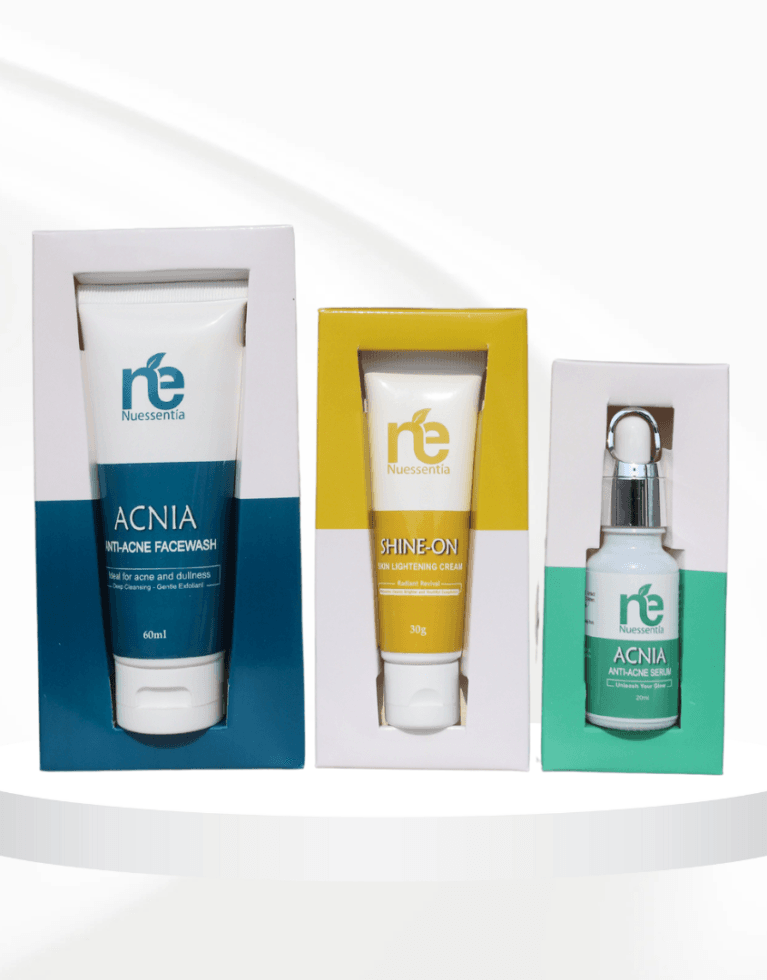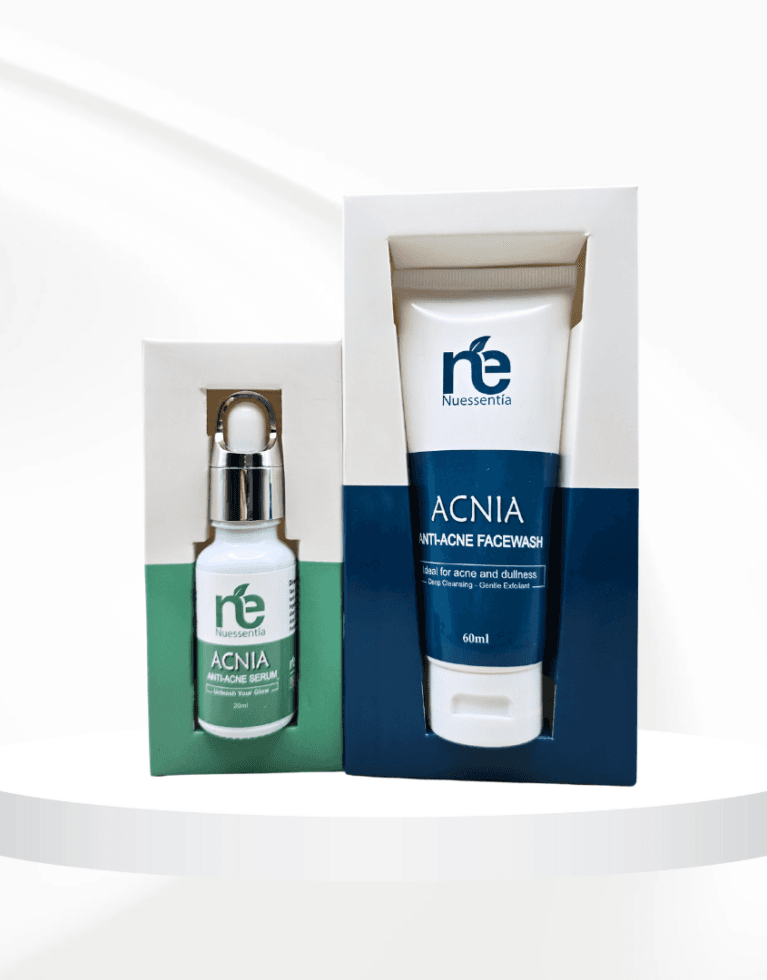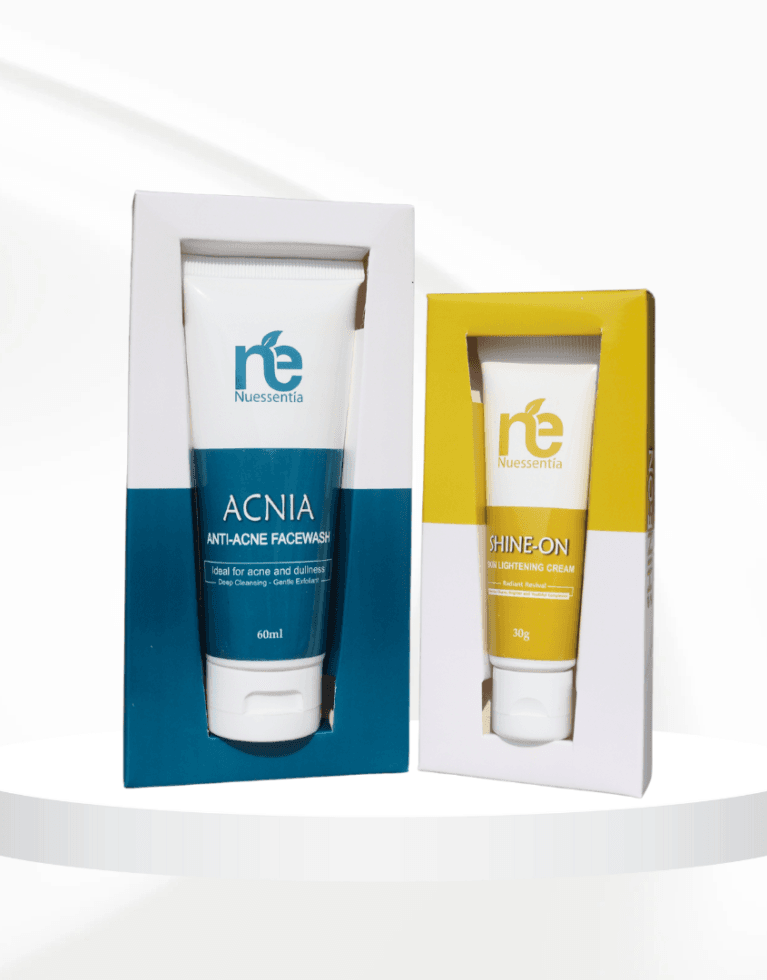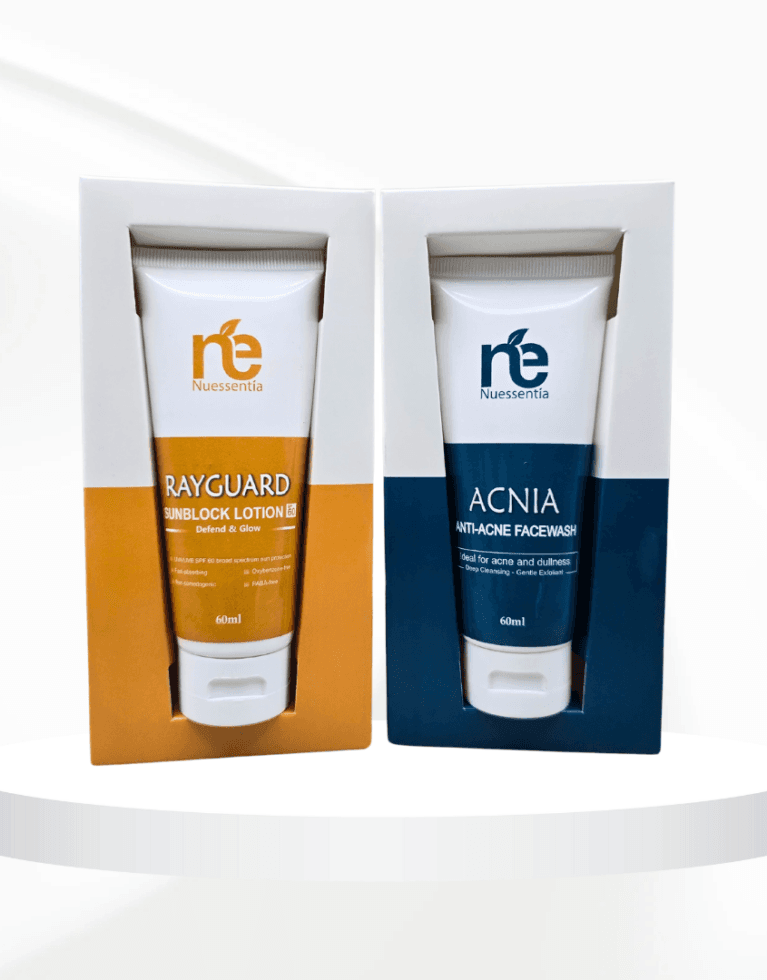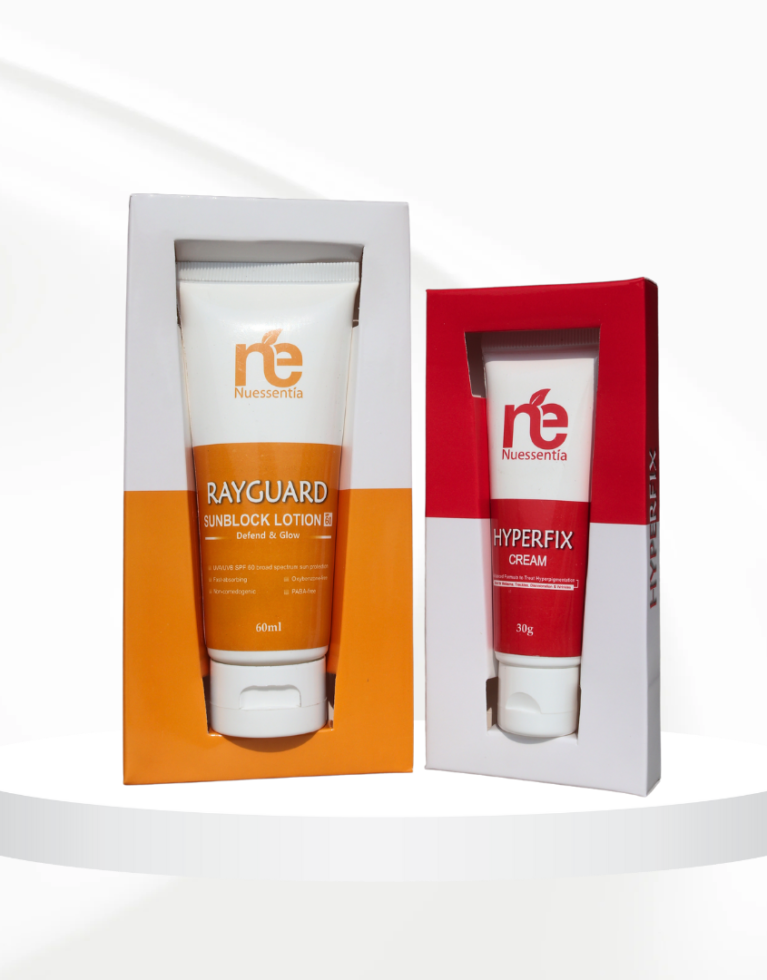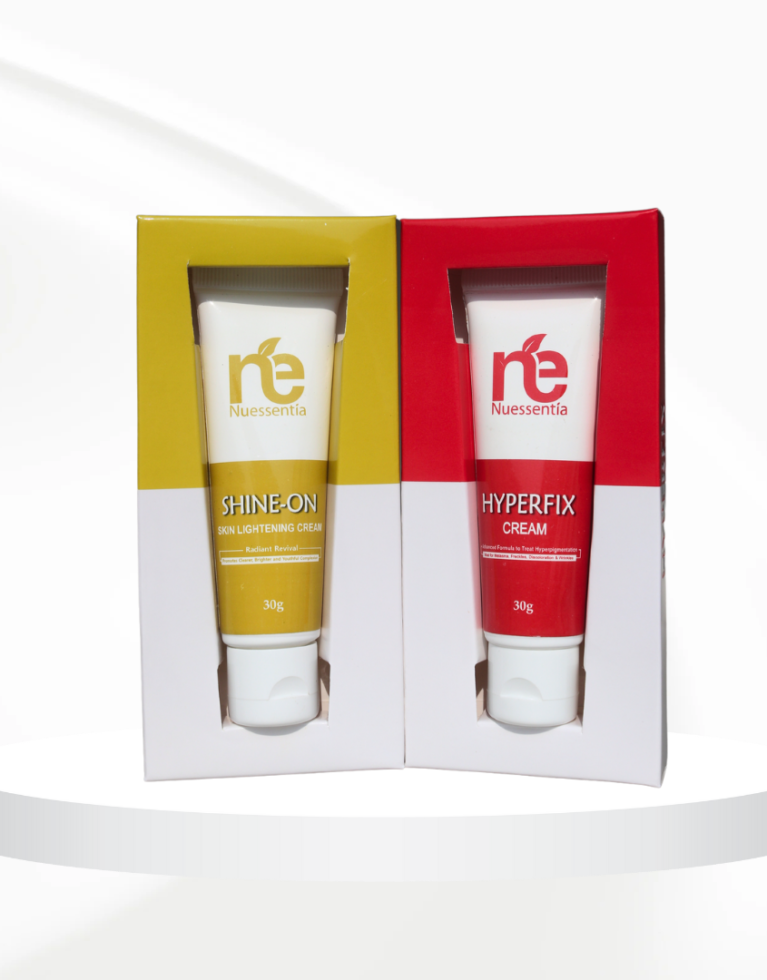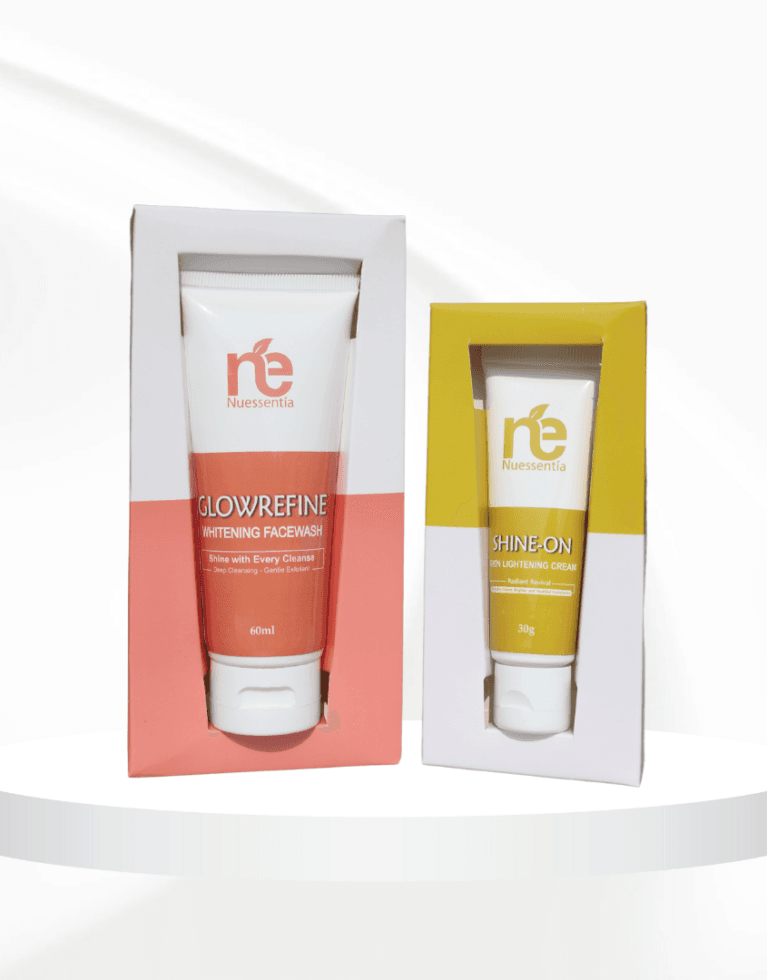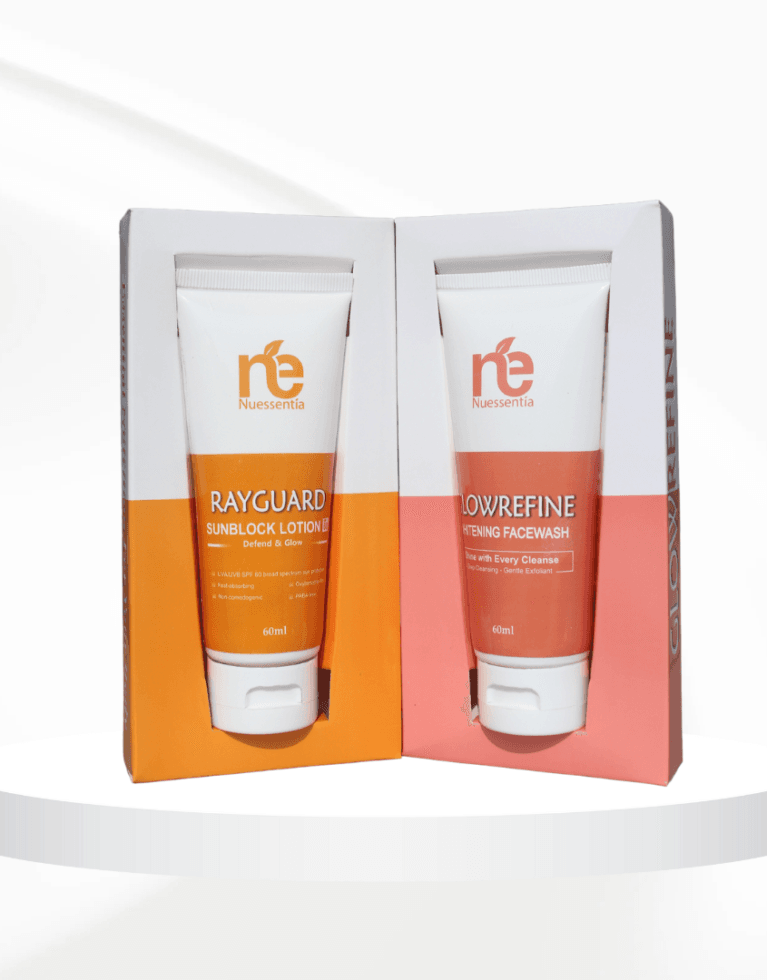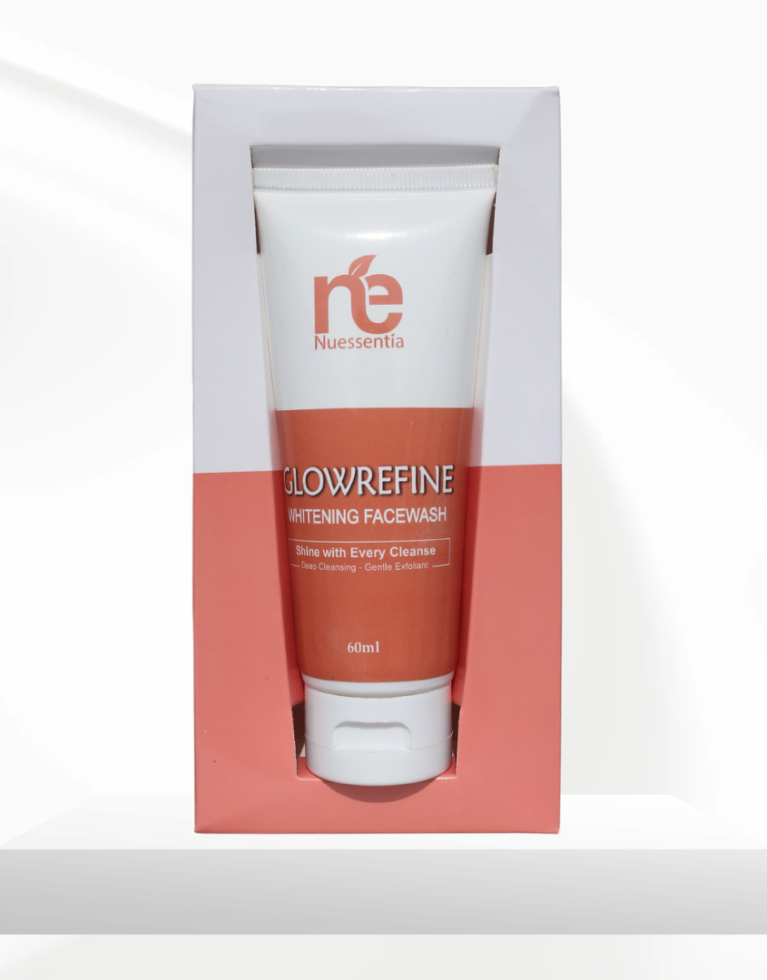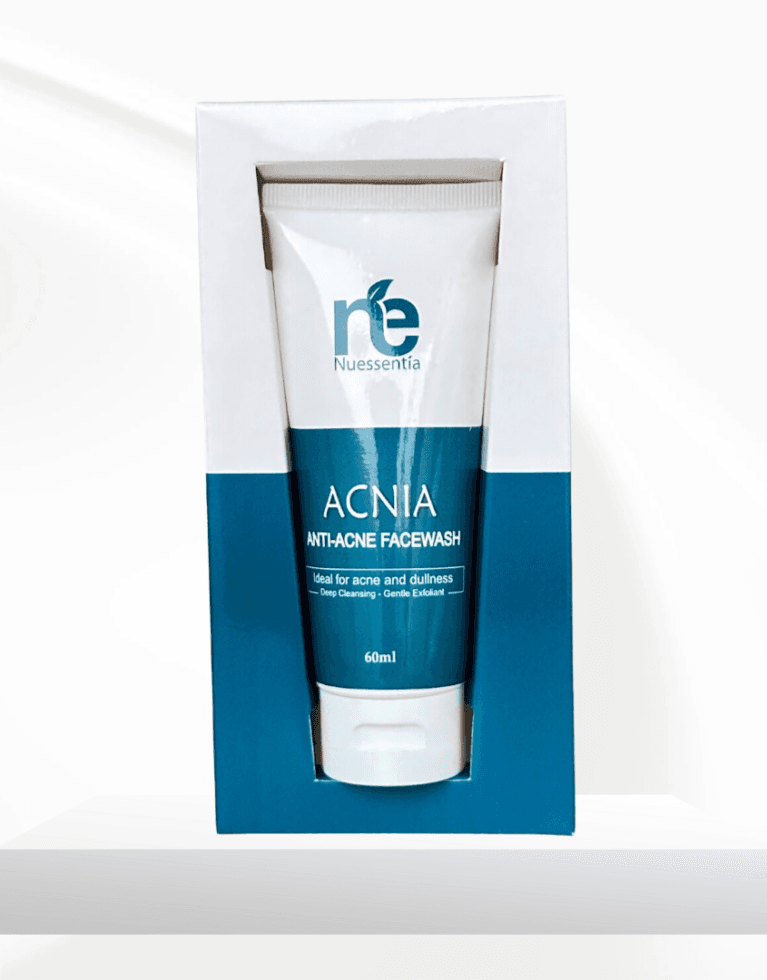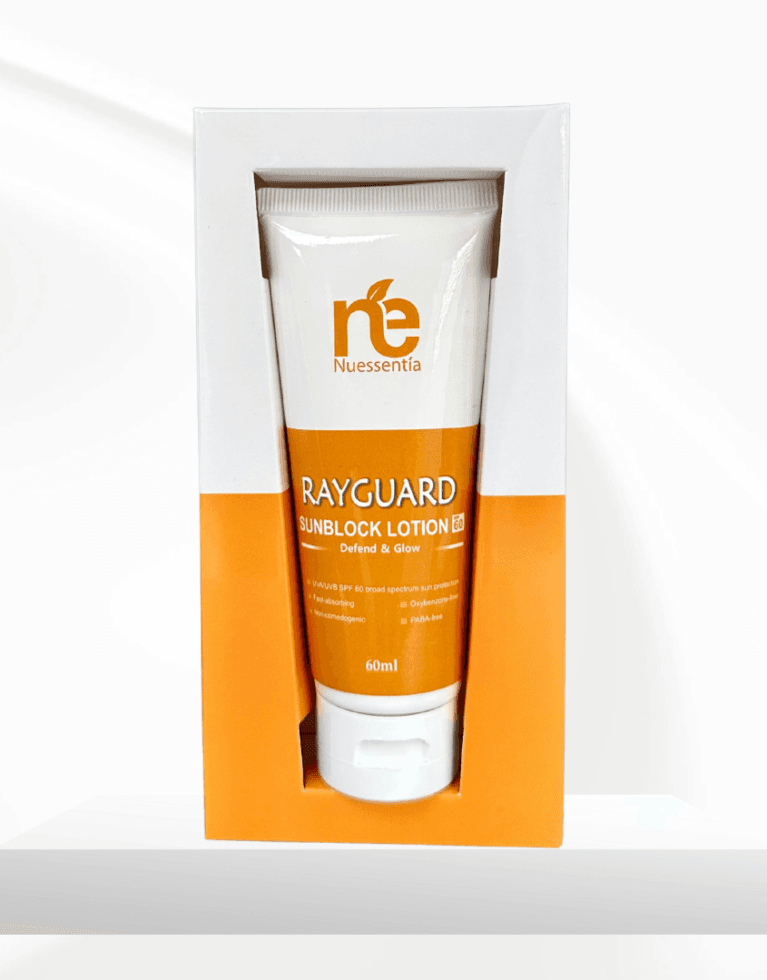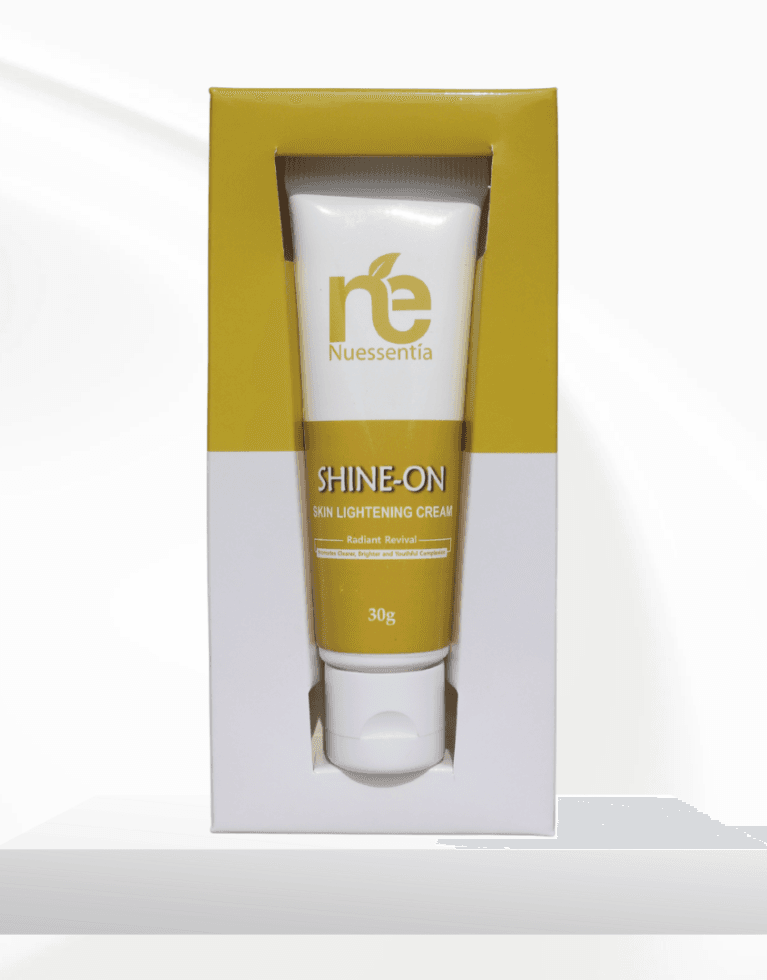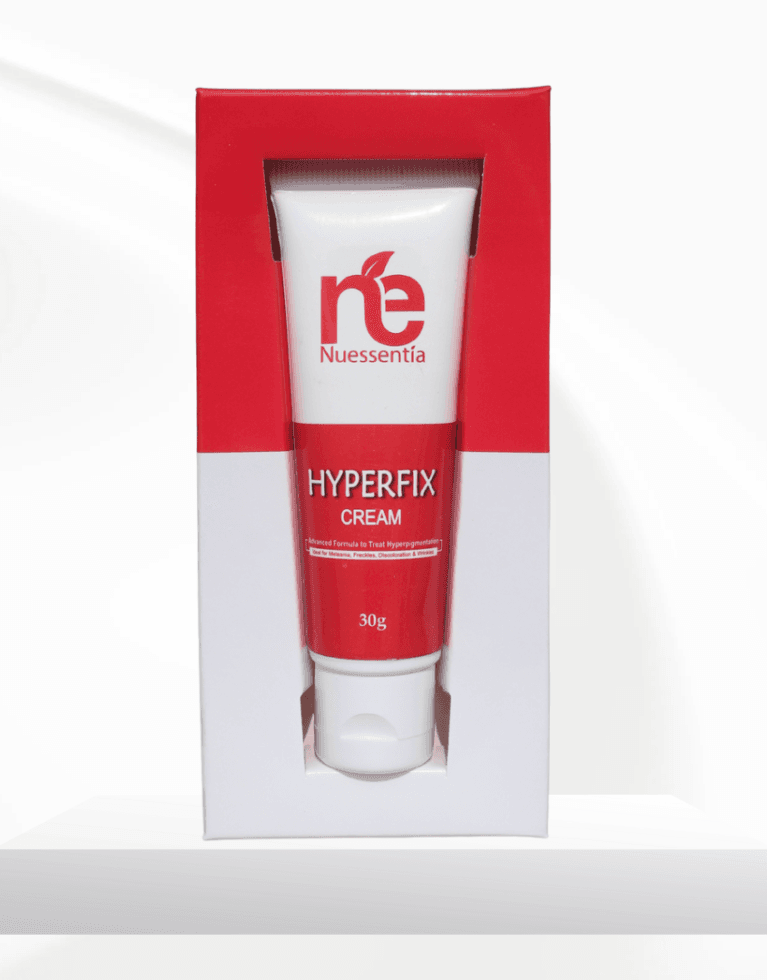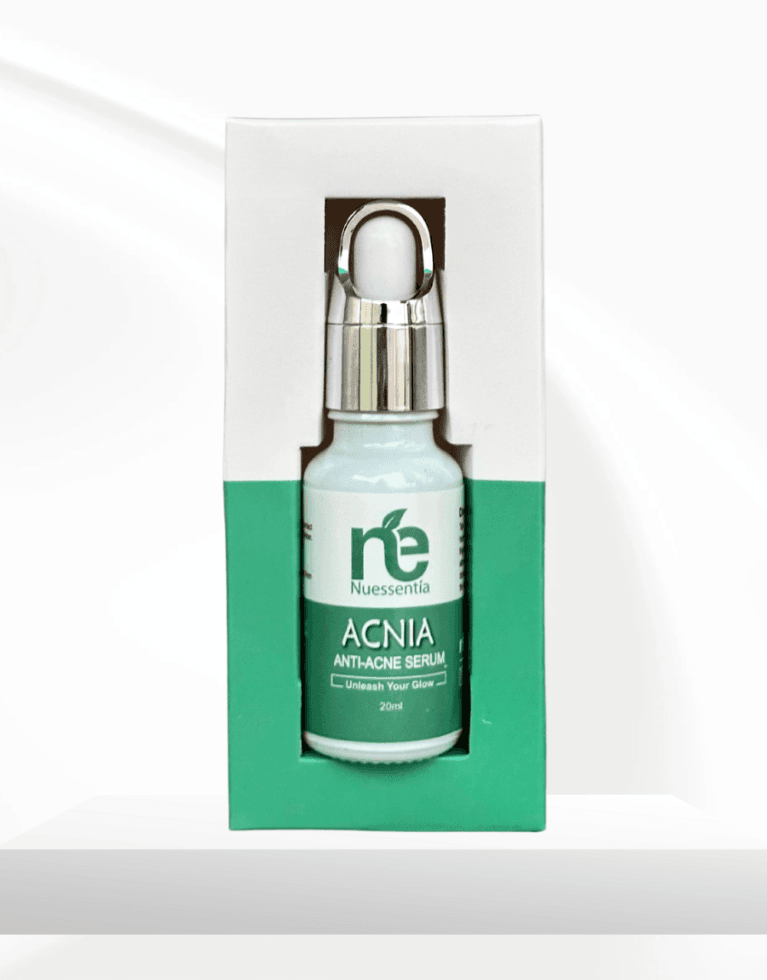Acne is something most of us have dealt with at some point in our lives. Those pesky pimples that seem to appear at the worst possible times can affect anyone, from teenagers to adults. But have you ever wondered how exactly acne develops? Why do some people experience breakouts more than others? In this article, we will explore the science behind acne, how it forms, and what you can do to prevent and treat it. This is essential knowledge for anyone seeking clear, healthy skin—and Nuessentia is here to help you every step of the way.
Introduction: Why Understanding Acne Matters
Acne isn’t just a cosmetic issue; for many, it can impact self-esteem and mental health. In a world where clear skin is often equated with beauty and confidence, dealing with acne can be frustrating and even distressing. That’s why understanding the causes of acne is critical—it can help you tackle the problem from its roots rather than merely treating the symptoms.
At its core, acne is caused by a combination of factors: excess oil production, clogged pores, bacteria, and inflammation. These factors interact in ways that can lead to the formation of blackheads, whiteheads, and painful cysts. While acne is often associated with adolescence, adult acne is also common, making it a universal issue that requires careful attention and appropriate skincare solutions.
What Is Acne?
Before we dive into how acne develops, let’s first define what acne is. Acne is a skin condition that occurs when your hair follicles become clogged with oil and dead skin cells. It often causes pimples, blackheads, whiteheads, or cystic bumps, typically on the face, back, chest, or shoulders. The severity of acne can vary from mild to severe, and it can have lasting effects, including acne scars.
The Main Causes of Acne: Breaking It Down
- Excess Sebum Production
One of the primary culprits behind acne is sebum, the oily substance your skin naturally produces. Sebum plays an essential role in keeping your skin moisturized, but when your body produces too much of it, it can mix with dead skin cells and lead to clogged pores.
Hormonal changes, particularly during puberty, pregnancy, or menstruation, can trigger an overproduction of sebum. This explains why teenagers often struggle with acne during puberty, but it also sheds light on why adults, especially women, may experience hormonal acne around their menstrual cycles.
- Clogged Hair Follicles
Your skin constantly sheds dead cells, but when these cells do not shed properly, they can mix with excess sebum and clog your hair follicles. These clogged pores then become the perfect environment for bacteria to thrive.
Clogged pores can result in different types of acne, including:
- Blackheads (open comedones): The pore remains open, and the accumulated sebum oxidizes, giving it a black color.
- Whiteheads (closed comedones): The pore closes over the clogged material, leading to small, flesh-colored bumps.
- Bacterial Growth
Once a pore becomes clogged, Cutibacterium acnes (C. acnes), a bacterium that naturally lives on the skin, can multiply inside the clogged follicle. As bacteria grow, the immune system responds with inflammation, causing redness, swelling, and the formation of painful pimples or cysts. This bacterial overgrowth is a significant factor in moderate to severe acne cases.
- Inflammation
Inflammation is the body’s natural response to infection or irritation. When C. acnes bacteria multiply within a clogged pore, the immune system responds by sending white blood cells to the area. This leads to the redness, swelling, and pain associated with inflamed pimples, nodules, or cysts. Inflammation can also result in post-inflammatory hyperpigmentation (dark spots) and, in severe cases, acne scars.
How Hormones Affect Acne
Hormones play a significant role in the development of acne, which is why acne is so common during puberty, pregnancy, and other times of hormonal fluctuation. Androgens, male hormones present in both men and women, can trigger sebaceous glands to produce more sebum. As androgen levels increase, so does oil production, which contributes to acne formation.
For women, hormonal acne often occurs during their menstrual cycles or while using certain contraceptives. Women may also experience acne due to conditions like polycystic ovary syndrome (PCOS), which can lead to higher levels of androgens.
Lifestyle and Environmental Triggers for Acne
While hormones and genetics play a big role in acne development, lifestyle factors can exacerbate the issue. Here are a few triggers that can worsen acne:
- Diet: Research suggests that diets high in dairy or foods with a high glycemic index (such as processed sugars) may contribute to acne. On the other hand, anti-inflammatory foods like leafy greens, berries, and fish may help improve skin health.
- Stress: Stress doesn’t directly cause acne, but it can worsen it. Stress prompts the release of cortisol, a hormone that may increase oil production and trigger breakouts.
- Improper Skincare: Using products that are too harsh or not suited for your skin type can disrupt your skin’s natural balance, leading to breakouts. Opt for products that are non-comedogenic and gentle, like Nuessentia’s Acnia Facewash and Acnia Serum, which are formulated specifically for acne-prone skin.
Treatment Options: Preventing and Managing Acne
While acne can be frustrating, there are several effective treatments available to help manage and prevent breakouts. A good skincare routine is essential for controlling acne. Here’s what to include:
- Cleansing
It’s vital to keep your skin clean to prevent clogged pores, but harsh cleansers can strip your skin of natural oils, leading to more sebum production. Look for a gentle, acne-fighting facewash like Nuessentia’s Acnia Facewash, which combines the power of salicylic acid and tea tree oil to clear pores without over-drying your skin.
- Exfoliation
Regular exfoliation helps remove dead skin cells that can clog pores, but avoid harsh scrubs that can cause irritation. Opt for products containing gentle exfoliants like alpha hydroxy acids (AHAs) or beta hydroxy acids (BHAs). For example, Nuessentia’s Acnia Serum contains salicylic acid, a BHA known for its ability to penetrate deep into pores and dissolve oil, effectively reducing acne.
- Moisturizing
Even acne-prone skin needs moisture. Hydration is key to maintaining your skin’s barrier and preventing it from overproducing oil. Look for non-comedogenic moisturizers that won’t clog pores. Products containing soothing ingredients like aloe vera and vitamin E, found in Nuessentia’s Rayguard Sunblock, can protect and hydrate your skin without causing breakouts.
- Sun Protection
UV exposure can worsen acne scars and lead to post-inflammatory hyperpigmentation. Make sure to use a broad-spectrum sunscreen like Nuessentia’s Rayguard SPF 60 Sunblock Lotion, which protects against both UVA and UVB rays while offering anti-aging benefits.
- Spot Treatments
For stubborn pimples, consider spot treatments containing ingredients like benzoyl peroxide, sulfur, or retinoids. These can help reduce inflammation and kill acne-causing bacteria.
Acne Myths: What Doesn’t Cause Acne
When it comes to acne, there are plenty of myths that can lead to confusion. Here’s what acne is NOT caused by:
- Dirt: Many people believe acne is caused by poor hygiene, but that’s not true. Overwashing your face can actually irritate your skin and lead to more breakouts.
- Chocolate: While diet can influence acne, there’s no direct link between chocolate and pimples. However, consuming sugary or high-glycemic foods may contribute to acne.
- Makeup: As long as you’re using non-comedogenic makeup, wearing it won’t cause acne. Just be sure to remove it thoroughly at the end of the day.
Conclusion: Your Path to Clearer Skin
Understanding how acne develops is the first step in taking control of your skin. By knowing the underlying causes—whether hormonal, bacterial, or environmental—you can adopt the right habits and skincare routines to reduce breakouts. With a combination of proper cleansing, hydration, and sun protection, you can keep acne at bay. Don’t forget to check out Nuessentia’s range of anti-acne products, including the Acnia Serum and Acnia Facewash, to help you achieve the clear, healthy skin you deserve.
Invest in your skin today, and let Nuessentia be your guide on the journey to acne-free, radiant skin!





